#regulations
California Grants Cruise and Waymo Expansion Approval
Self-driving vehicles have become a contentious issue in San Francisco. The city currently serves as a public testing ground for over 500 autonomous cars being fielded by Alphabet’s Waymo and General Motors’ Cruise. But local residents have been losing patience with the vehicles, with numerous reports that they’ve been misbehaving in traffic.
While public complaints seemed to be endangering the companies’ ability to expand operations, the California Public Utilities Commission (CPUC) voted 3-to-1 on Thursday to do just that. This opens the door to allow Waymo to begin charging for autonomous taxi services, something Cruise was already doing there, and accelerate their respective AV programs within California.
GM Says Updated U.S. Emissions Rules Will Cost Auto Industry Billions in Fines
The National Highway Traffic Safety Administration (NHTSA) will soon release its proposal to increase Corporate Average Fuel Efficiency (CAFE) requirements and General Motors has signaled its concerns regarding how much more money it will cost the automotive industry. GM is estimating that the new rules could result in manufacturers paying $100-300 billion in emission fines between 2027 and 2031.
However, the Biden administration has reportedly said it’s highly dependent on which plan is implemented — suggesting industry penalties would vary heavily between companies and average out to be far lower than GM has claimed.
Why Are Modern Vehicles So Much Bigger?
Over the weekend, your author was wandering through a massive parking lot in mixed company and was asked why modern vehicles are so much larger than their predecessors. It’s a frequent question and one that requires an answer that seems counterintuitive on its face.
While consumer preferences have trended toward larger automobiles of late, it’s actually the United States’ regulatory landscape that has been steering us toward gargantuan vehicles. Safety standards have required the implementation of systems that often won’t fit into older/smaller designs and loopholes in the Corporate Average Fuel Economy (CAFE) standards have resulted in manufacturers sizing up models to exploit regulatory blind spots.
Auto Lobby Says EPA Targets Aren’t Achievable
The Alliance for Automotive Innovation (AAI) is reportedly prepared to tell the Environmental Protection Agency (EPA) that its proposal to significantly reduce vehicle emissions through the 2032 model year is wildly unrealistic. The lobbying group believes that the government’s proposed targets are “neither reasonable nor achievable in the timeframe provided."
An internal memo was released on Wednesday, stating that the regulations introduced by the U.S. government earlier this year were so stringent that they were "a de facto battery-electric vehicle mandate.”
Report: California Gasoline No Longer the Most Expensive
Washington has officially managed to surpass California as the state with the highest fuel prices and looks as though it’s on track to compete for that dubious honor indefinitely.
Based upon data tabulated by the American Automobile Association (AAA), unleaded gasoline purchases in Washington jumped by 32 cents over the past month to $4.93 a gallon. The national average is presently $3.58 per gallon.
Stellantis Limiting Availability of Gasoline Models by State Emission Rules
Stellantis is reportedly no longer allocating gasoline-only vehicles to the fourteen states with leadership that has agreed to adhere to the emission standards set by the California Air Resources Board (CARB). While the rules exceed federal standards, they’ve been embraced by coastal regions and beginning to influence how the industry does business.
For Stellantis brands (e.g. Alfa Romeo, Chrysler, Dodge, Fiat, Jeep, Ram, etc.) this means dealer allocation will prioritize powertrains based on how restrictive the local emissions standards happen to be.
Shrewd or Crude? NHTSA Proposes Automatic Emergency Braking Requirements
Last week, the National Highway Traffic Safety Administration (NHTSA) floated the notion that every new passenger vehicle should come with automatic emergency braking (AEB) systems. It would seem that the stage is being set for another mandatory safety inclusion, with the NHTSA targeting universal implementation by the end of the decade. But adding another safety net would come with a few complications, as AEB doesn’t really qualify as a passive system.
Magna’s Driver-Monitoring Rearview Mirror Ready for Action
With European regulators having decided that all new vehicles must have driver monitoring systems starting in 2024, the industry is gearing up to supply new products. However, consumers may not like the idea of driver-facing cameras recording their every move from inside the cabin, as there’s a strong possibility that data-obsessed automakers will utilize that information in unpalatable ways. That’s why Magna’s latest gizmo hides the camera lens behind the glass of your rear-view mirror.
California Moves Closer to Banning Heavy Diesel Truck Sales
Following new rules approved by local regulators on Friday, the State of California has inched closer to banning diesel semi trucks. The California Air Resource Board (CARB) board unanimously voted on a plan that would seek to phase out sales of medium and heavy-duty vehicles that are powered by diesel fuel by 2036.
Which EVs Still Qualify for Federal Tax Credits?
With the guidance having come in on the United States’ updated EV tax credit scheme, outlined in the so-called Inflation Reduction Act, we now have a pretty good idea of which electric vehicles still qualify. Stringent content requirement stipulations have certainly culled the roster, however, and helped explain why the automotive sector didn’t have any issues with the government taking its sweet time in making decisions regarding content quotas.
There are only about a dozen models that qualify for the full $7,500 tax credit after April 18th, with a few more being eligible for a partial credit of $3,750.
Shocker! Trucker Union Opposes Exemptions for Autonomous Vehicles
The Transport Workers Union of America has issued its formal opposition to requests, filed by Alphabet's self-driving unit Waymo and autonomous technology company Aurora, seeking an exemption from some of the rules pertaining to the warning devices equipped to semi-trucks.
Biden Admin Set to Propose Tougher Emission Rules, Boost EV Sales
Word on the street is that the Biden administration is about to propose some of the toughest emission rules the United States has ever seen in a bid to spur electric vehicle adoption. As things currently stand, the U.S. is assumed to be the very last developed nation to fully embrace EVs. But the White House seems to think the premise can be combated via a stringent regulatory framework.
Of course, the government and supportive media outlets are trying to drive home the point that these are not the same as the vehicle mandates being pushed in other countries (and some states like California) that would legally require people to buy electric in the coming years — even if the end result is functionally the same.
EU Postpones Vote on Combustion-Engine Ban, Germany Asks for Favors
The European Union is reportedly finding itself in a difficult position ahead of prospective bans on vehicles utilizing internal combustion engines. Germany has threatened to block the agreement, pulling what can only be described as the classic switcheroo in exchange for favorable conditions.
German manufacturers are attempting to market synthetic fuels as a viable and environmentally sound alternative to standard gasoline or diesel. Regulators influenced by the automotive sector are now pressing for the EU to make special exceptions for so-called “electrofuels” before the combustion ban can be finalized – with Italy likewise suggesting it would reject the emission rules everyone agreed to last year.
Sen. Manchin Proposes Bill to Force Treasury to Finalize EV Tax Credit Guidance
Despite the United States having an entirely new EV tax credit scheme under the so-called Inflation Reduction Act (IRA), there’s nobody adhering to it right now. That’s because the Treasury Department decided to delay issuing specific guidance on battery matters until March, nullifying any restrictions based on content requirements. While this means more automakers have been able to take advantage of government subsidies, it also means they haven’t been required to follow any of the stipulations outlined in the IRA for 2023.
Senator Joe Manchin (D-WV) believes this is unacceptable and has advanced legislation that would effectively force the U.S. Treasury to do its job.
NY Right-to-Repair Law Exempts Automakers
Governor Kathy Hochul has signed a right-to-repair bill into law for New York after it lingered within the state legislature for the better part of a year. However, many advocating for legal protections allowing consumers to fix and modify products have started criticizing changes made to the rule on behalf of large business entities hoping to see it neutered. While much of this pertains to the tech lobby representing companies like Apple, Microsoft, Amazon, and Google, sizable exemptions have been similarly carved out for automakers.






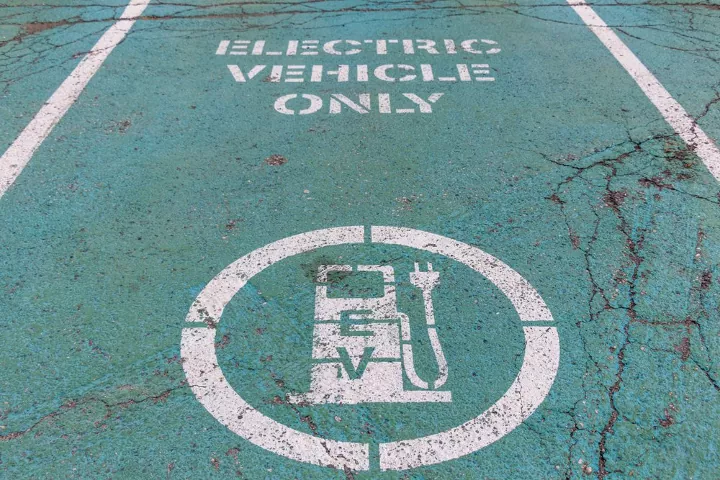



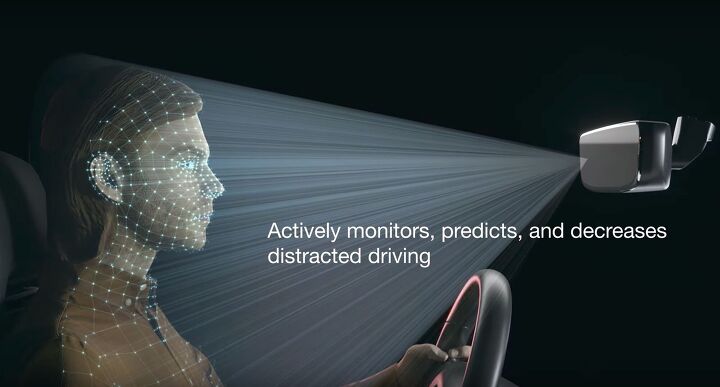
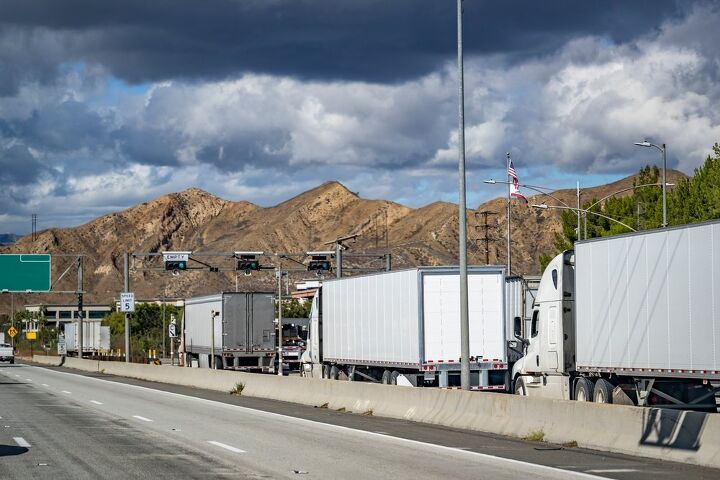
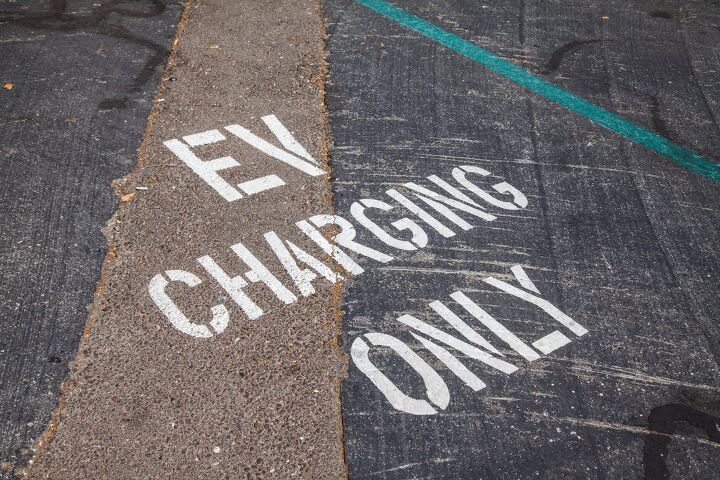
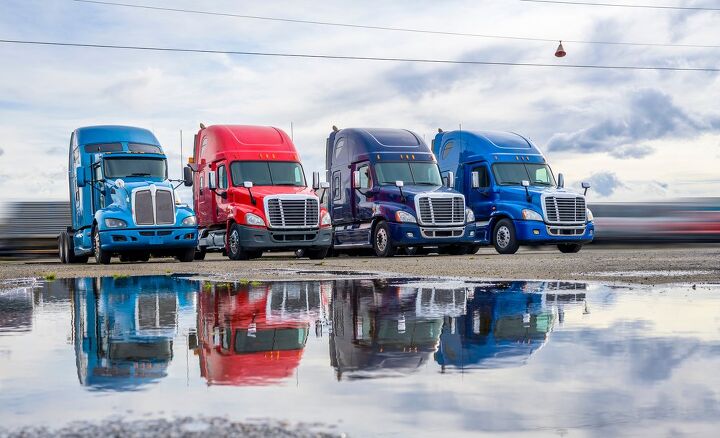


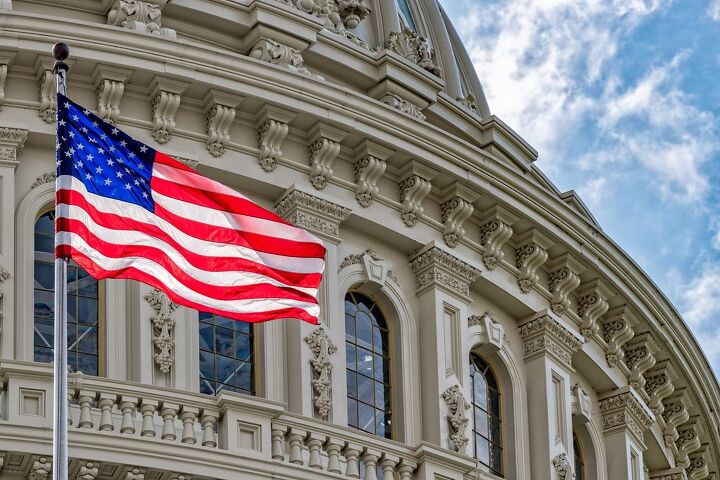
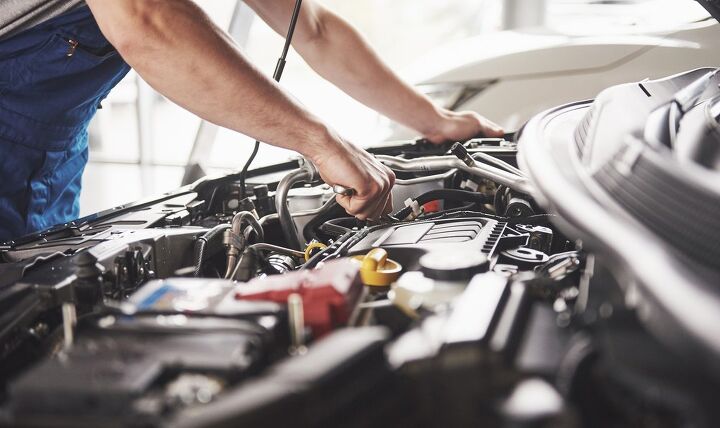












Recent Comments